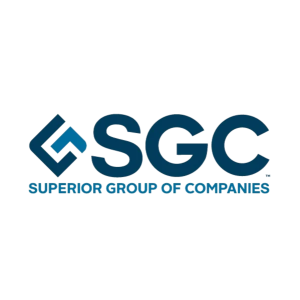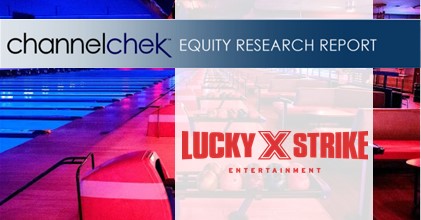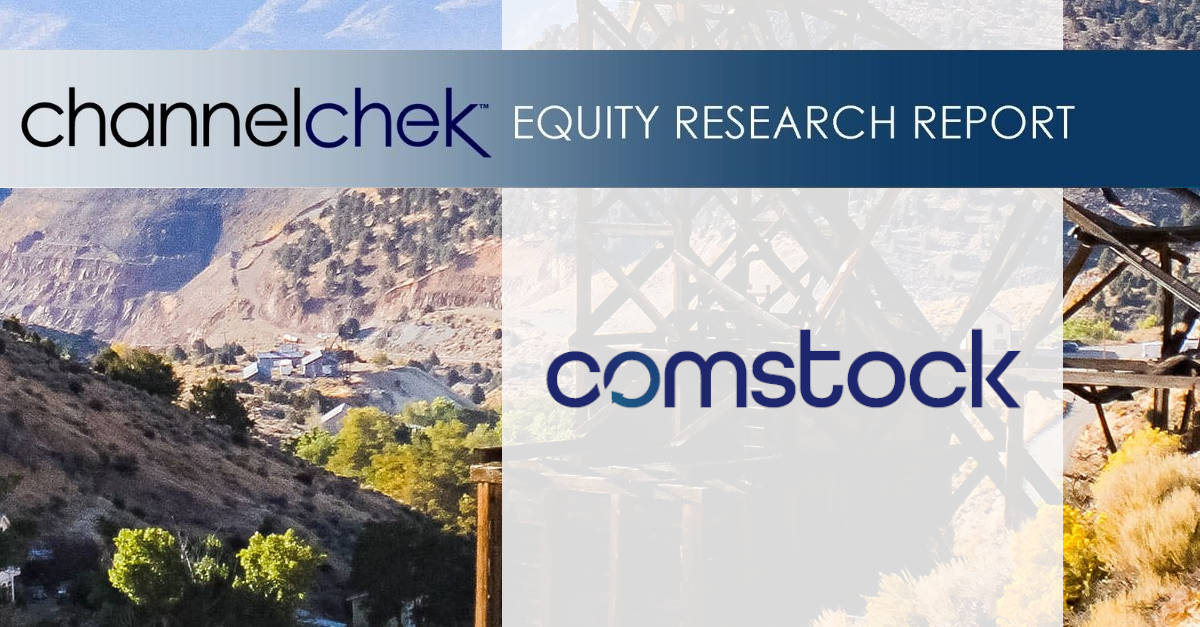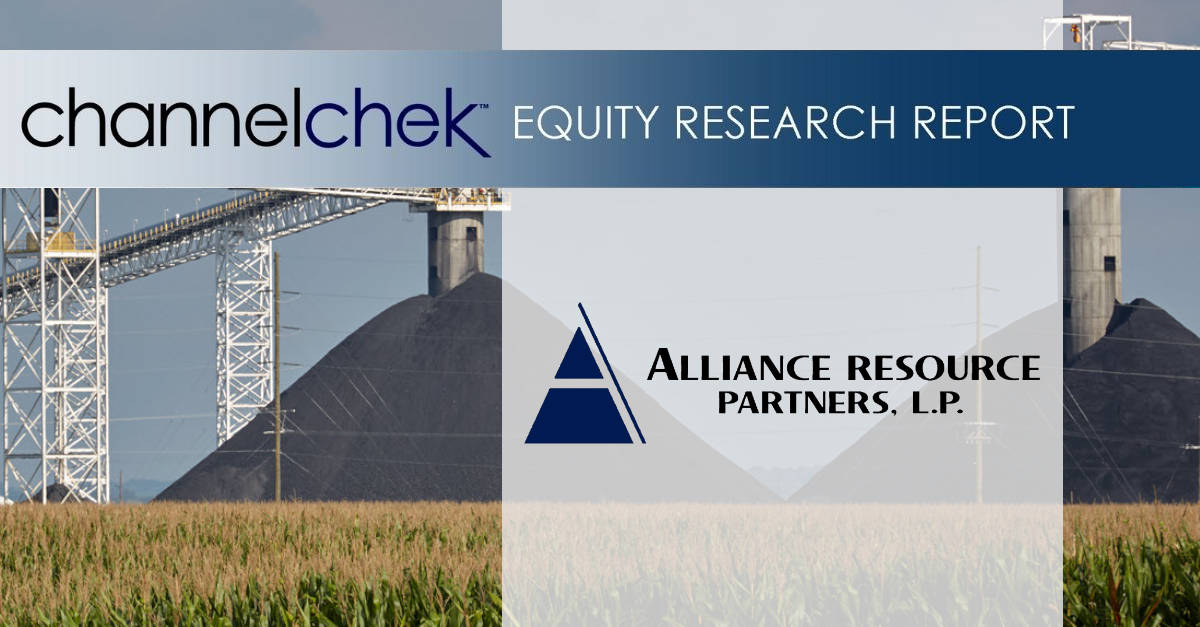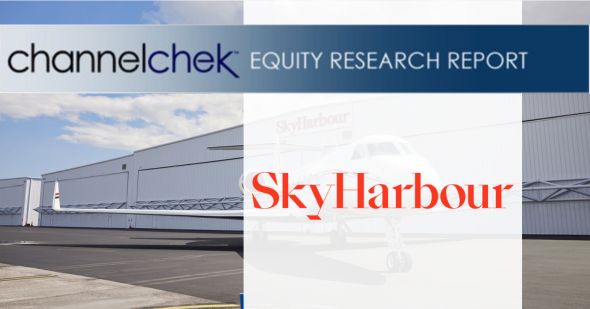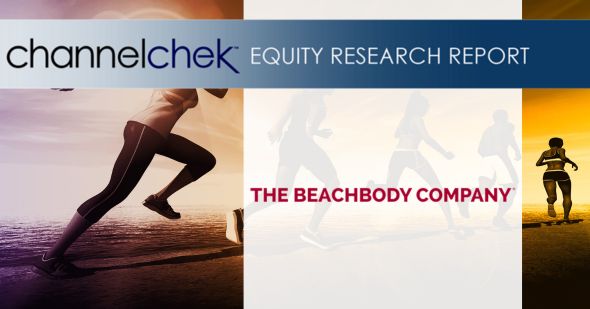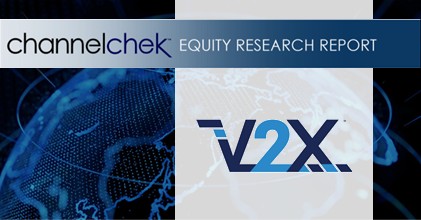The artificial intelligence boom has reshaped the global technology landscape, turning companies like Nvidia into market behemoths and pushing cloud giants such as Microsoft and Google to new earnings highs. But while GPUs and AI software platforms dominate headlines, another corner of the semiconductor market is quietly delivering some of the most explosive gains: memory and storage stocks.
As AI data centers multiply around the world, demand for high-performance memory and storage chips has surged to unprecedented levels. These facilities, packed with thousands of servers, rely not only on powerful GPUs from Nvidia and Advanced Micro Devices, but also on vast amounts of DRAM, NAND, and other storage technologies to process and move massive datasets. The result has been a supply crunch years in the making—and eye-popping stock gains for companies positioned to benefit.
Some memory-related stocks have delivered returns that rival even the hottest AI chip names. Sandisk, which began trading in early 2025 following its spin-off from Western Digital, has seen its share price climb more than 1,800%. Micron Technology is up over 360% in the past year, while Western Digital shares have surged nearly 500%. International players are seeing similar momentum, with South Korea’s SK Hynix up roughly 375% and Japan’s Kioxia soaring more than 1,000%.
This surge is the culmination of a “perfect storm” in the memory industry. During the COVID era, demand for PCs, smartphones, and enterprise hardware spiked, leading to heavy investment in memory production. When that demand cooled, the industry entered a deep downturn, with sharp revenue declines in 2023. Micron, for example, saw revenue collapse nearly 50% that year, while Western Digital endured steep sales declines.
Then AI arrived at scale.
As hyperscalers raced to build out AI infrastructure, demand for memory rebounded violently. Western Digital’s revenue jumped 51% in 2025, while Micron posted back-to-back growth years of 62% and 49% in 2024 and 2025, respectively. Micron has leaned so aggressively into the AI opportunity that it has begun winding down its consumer-facing Crucial brand to focus more heavily on enterprise and data center customers, where margins are higher and demand is more consistent.
Industry analysts say the shortage did not fully materialize until late 2025 because manufacturers were initially able to draw down excess inventory left over from the post-COVID slowdown. Once that buffer disappeared, supply simply could not keep pace with accelerating AI-driven demand from companies like Nvidia, Broadcom, and AMD.
With supply tight, memory producers have gained significant pricing power. That scarcity has become the primary catalyst behind soaring profits—and investor enthusiasm. However, the sector’s history serves as a reminder that memory is one of the most cyclical segments of the semiconductor industry. As new manufacturing capacity comes online and supply chains normalize, pricing pressure could eventually ease.
Even so, analysts caution that relief may not come quickly. AI demand continues to grow at a rapid pace, and building new fabrication capacity takes years. Until supply meaningfully catches up, memory and storage companies may continue to enjoy elevated pricing, strong margins, and outsized stock performance—making them an increasingly important, if often overlooked, pillar of the AI trade in today’s stock market.
